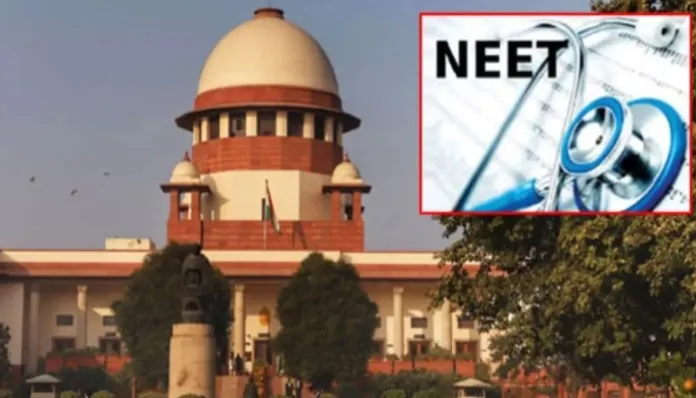The Impact of NCERT Book Changes on NEET UG 2024 Results
The NEET UG 2024 examination saw an unprecedented number of toppers, directly linked to the recent changes in the NCERT books. A critical evaluation of these modifications reveals several key factors that contributed to this outcome. The most significant alterations involved updates to the curriculum, including the addition of new concepts and the removal of certain outdated topics. These changes aimed to modernize the curriculum, making it more relevant to current scientific advancements and educational standards.
For instance, chapters on genetic engineering and biotechnology saw comprehensive revisions, incorporating the latest research and technological innovations. Conversely, some classical concepts deemed less pertinent to contemporary medical studies were either condensed or removed. This recalibration aimed to streamline the content, making it more focused and manageable for students. However, these modifications also meant that students had to adapt their preparation strategies significantly, often on short notice.
The feedback from educators and students has been mixed. Many educators appreciated the effort to update the curriculum, noting that the new content better aligns with the skills and knowledge required for modern medical education. However, the timing and communication of these changes were criticized. Students, in particular, found the transition challenging as they had to quickly adjust their study plans to accommodate the new material. This led to a heightened level of preparation among aspirants, contributing to the increased number of high scorers in the exam.
Read More : NEET UG 2024 67 Toppers
Additionally, the alignment of the new NCERT content with the NEET exam pattern was a subject of debate. While some argued that the changes provided a more comprehensive preparation for NEET, others felt that the abrupt introduction of new topics added undue pressure on students. Ultimately, the intention behind the changes was to address gaps in the curriculum and prepare students more effectively for the evolving landscape of medical education. Whether these goals were fully met remains a topic of ongoing discussion among educators and policymakers.
Consequences and Reactions: Analyzing What Went Wrong
The unprecedented outcome of 67 toppers in the NEET UG 2024 examination has sparked significant debate within the educational community. This anomaly has profound implications for students, educational institutions, and policymakers alike. One of the primary concerns revolves around the fairness and integrity of the examination system. The recent changes to the NCERT books, which serve as the primary study material for NEET aspirants, appear to have inadvertently created an uneven playing field. These modifications may have simplified certain sections, thereby enabling a larger number of students to achieve perfect scores.
From the perspective of students, this scenario introduces heightened competition and uncertainty. The distinction of being a ‘topper’ becomes less meaningful when so many share the title, potentially affecting college admissions and scholarship opportunities. Educational institutions, on the other hand, face the challenge of distinguishing between candidates who have identical scores, necessitating additional criteria to select the most deserving candidates.
Reactions from various stakeholders have been mixed. Educators express concern over the potential dilution of academic standards, arguing that the changes to the NCERT books were not adequately tested for their impact on competitive exams. Students and parents have voiced frustration, feeling that the alterations have unfairly skewed the results. The NEET exam authorities have acknowledged these concerns and are reportedly considering measures to rectify the situation. These could include revising the examination format or re-evaluating the curriculum changes to ensure they do not compromise the exam’s integrity.
Looking ahead, the long-term effects on future NEET exams are a subject of considerable speculation. Policymakers may need to implement more rigorous vetting processes for curriculum changes to prevent similar issues. Ensuring a balanced and equitable assessment process will be crucial in maintaining the credibility of one of India’s most important medical entrance exams. This situation underscores the need for continuous evaluation and adaptation within the educational framework to uphold high standards and fairness.





